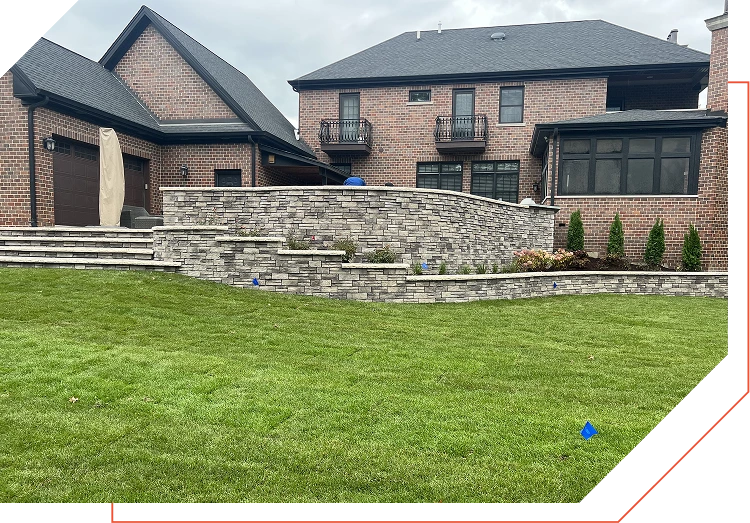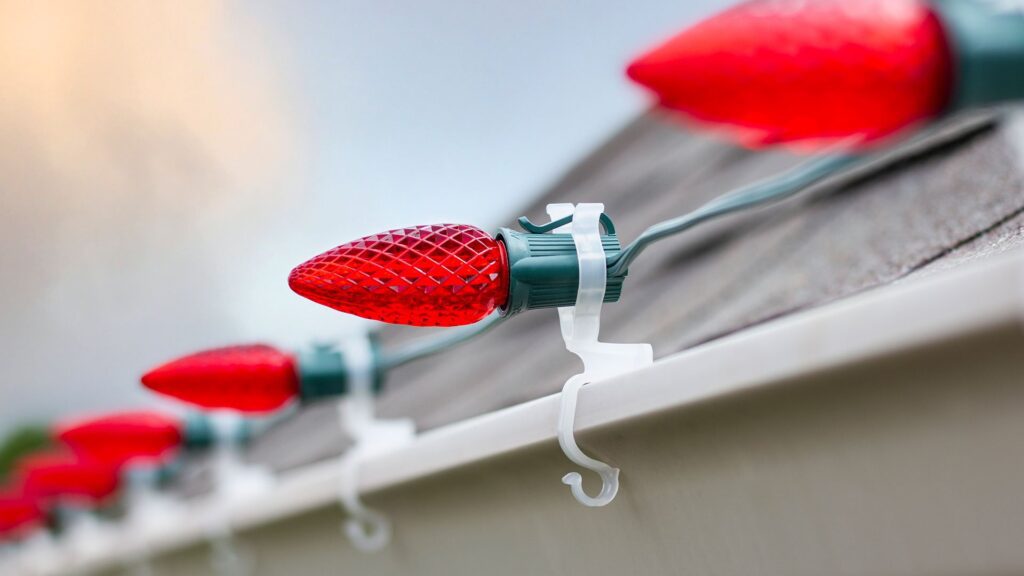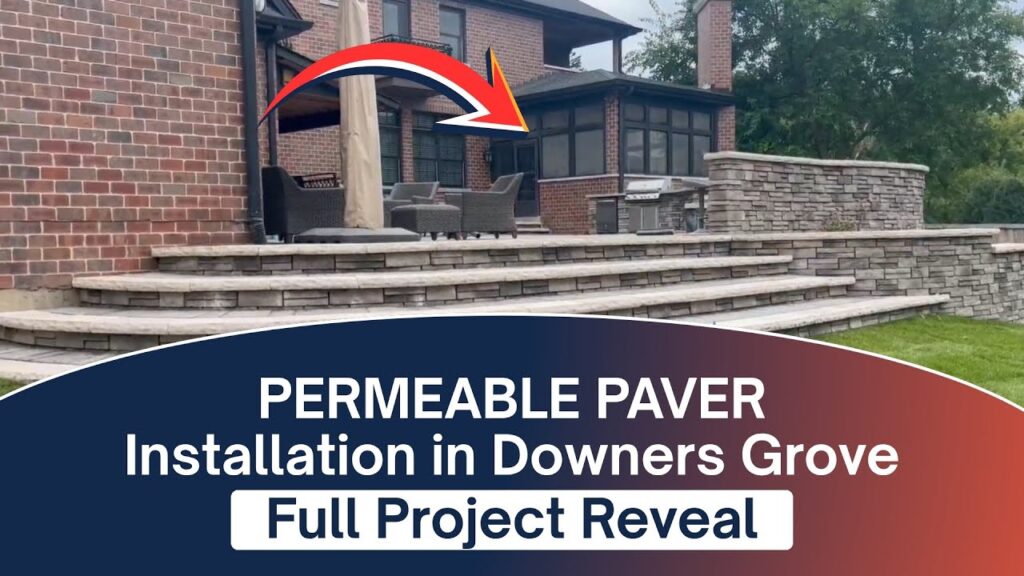Are you considering adding a retaining wall to your property? Retaining walls are not only functional but also add significant aesthetic value to your landscape. They help prevent soil erosion, create level surfaces for gardening or patios, and can even define property boundaries. However, one of the most common questions homeowners have is: what is the cost to install retaining wall blocks?
In this comprehensive guide, we’ll explore the various factors that influence the cost to install retaining wall blocks and provide detailed average cost ranges for different types of materials. We’ll also share practical tips on how to reduce installation costs and introduce you to Ware Landscaping, a trusted name in landscaping services that can bring your vision to life.
Yard Design Using Retaining Wall
Factors Affecting the Cost to Install Retaining Wall Blocks
The cost to install retaining wall blocks can vary widely depending on several key factors. Understanding these will help you better estimate the total investment required for your project.
Type of Blocks
The material you choose significantly impacts the cost. Different types of blocks have different price points and installation requirements:
| Block Type | Cost per Square Foot |
| Interlocking Concrete Blocks | $15 – $35 |
| Cinder Blocks (CMU) | $20 – $35 |
| Large Concrete Blocks | $20 – $45 |
Interlocking Concrete Blocks: These are popular due to their ease of installation and durability. They typically cost between $15 and $35 per square foot.- Cinder Blocks: Also known as concrete masonry units (CMU), these are affordable and versatile, with costs ranging from $20 to $35 per square foot.
- Large Concrete Blocks: Often used for taller walls or where a more substantial look is desired, these can cost between $20 and $45 per square foot.
Height and Length of the Wall
The size of your retaining wall is a critical determinant of cost. Taller and longer walls require more materials and labor. Costs are usually quoted per square foot, but for taller walls (3–6 feet), costs per linear foot might range from $45 to $210, especially since taller walls may require additional reinforcement like rebar.
Labor Costs
Labor is often the largest component of the total cost. Professional landscapers or masons typically charge between $50 and $75 per hour, or they may quote a flat rate per square foot, ranging from $15 to $50, depending on the complexity of the installation.
Permits and Inspections
Many localities require permits for retaining walls that exceed a certain height, usually 3 to 4 feet. Permit fees can range from $50 to $450, and you may also need to account for inspection fees to ensure compliance with local regulations.
Site Preparation
Before installation can begin, the site must be prepared. This may involve:
- Excavation: Creating a level base can cost $60 to $70 per linear foot.
- Drainage Systems: Installing proper drainage to prevent water buildup behind the wall can cost $10 to $50 per linear foot.
- Grading or Leveling: This can range from $700 to $4,350 per project, depending on the terrain.
Location and Accessibility
The location of the wall on your property can affect both material and labor costs. For instance, walls in the back of the property may require additional labor to transport materials, increasing costs compared to walls in more accessible areas like the front yard.
Average Costs for Different Types of Retaining Wall Blocks
To give you a clearer picture, here are the average installed costs for various types of retaining wall blocks, based on recent data:
| Material | Cost per Square Foot | Notes |
| Interlocking Concrete Blocks | $15 – $35 | Easy to install, durable |
| Cinder Blocks | $20 – $35 | Affordable, versatile |
| Large Concrete Blocks | $20 – $45 | Used for taller or substantial walls |
| Vinyl | $10 – $15 | Inexpensive, low-maintenance |
| Timber | $15 – $30 | Natural look, requires treatment |
| Stone | $20 – $100 | High-end, durable |
| Brick | $20 – $25 | Classic appearance |
| Poured Concrete | $30 – $50 | Very durable, customizable |
These costs include both materials and labor but may increase with additional factors like site preparation or permits. For comparison, materials like stone or poured concrete are often more expensive than block options, making blocks a cost-effective choice for many homeowners.
Tips for Reducing the Cost to Install Retaining Wall Blocks
While installing a retaining wall is an investment, there are several strategies you can employ to manage costs effectively:
- Select Cost-Effective Materials: Choosing materials like interlocking concrete blocks or cinder blocks can significantly reduce material costs compared to stone or poured concrete. However, consider long-term maintenance and durability when making your selection.
- Consider DIY Installation: If you have the necessary skills and time, installing the retaining wall yourself can save on labor costs. Be cautious, though; improper installation can lead to structural failures and additional expenses down the line.
- Obtain Multiple Quotes: Always solicit quotes from at least three different contractors. This not only helps you find the best price but also gives you a range to work with when budgeting.
- Plan for Proper Drainage: Proper drainage is essential for the longevity of your retaining wall. Incorporating drainage solutions during the planning phase can prevent future problems that might require costly repairs.
- Check for Existing Site Conditions: If possible, design your wall to work with the existing grade and soil conditions to minimize excavation and site preparation costs.
Ware Landscaping
When it comes to executing your retaining wall project, partnering with a reputable landscaping company like Ware Landscaping can make all the difference. With a wealth of experience and a commitment to quality, Ware Landscaping specializes in creating stunning outdoor spaces that are both functional and beautiful.
Their team of experts can guide you through every step of the process, from selecting the right materials to ensuring your wall is built to last. Whether you’re looking for a simple block wall or a more elaborate design, Ware Landscaping has the knowledge and resources to bring your vision to fruition. They also handle site preparation, permitting, and compliance with local regulations, ensuring a seamless experience.
Conclusion
In conclusion, the cost to install retaining wall blocks is influenced by a variety of factors, including the type of blocks, the size of the wall, labor costs, permits, site preparation, and location. On average, you can expect to pay between $15 and $50 per square foot for block retaining walls, with specific ranges depending on the material chosen.
By understanding these factors and implementing cost-saving strategies, you can make informed decisions that align with your budget and needs. When you’re ready to proceed, consider enlisting the help of Ware Landscaping to ensure your project is completed to the highest standards.
A well-constructed retaining wall not only addresses practical concerns like erosion control but also enhances the overall appeal of your property. Invest wisely in your cost to install retaining wall blocks, and enjoy a beautiful, functional outdoor space for years to come.









